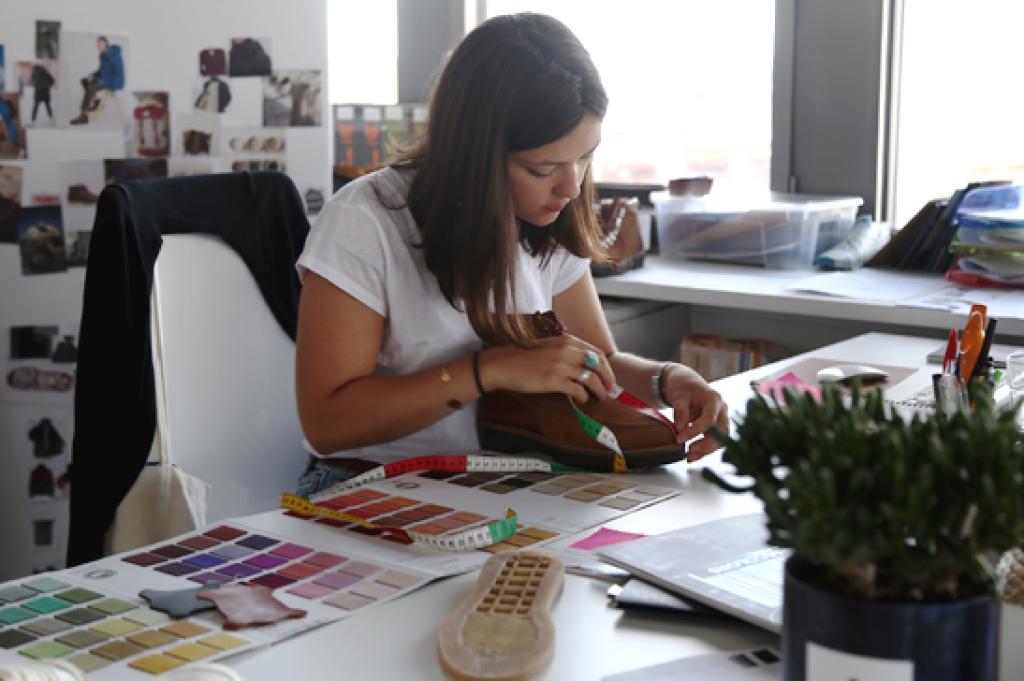Context and description
Internal awareness-raising and training constitute the starting point for an eco-design initiative. These actions help to overcome possible reluctance and to diffuse a culture of joint responsibility.
Explaining an eco-design approach also enables teams to speak the same language and avoid false good ideas.
Training can take place internally, it is not necessary to call on the services of an external training organisation.
Given that eco-design is a global company initiative, all of the departments are concerned by training.














